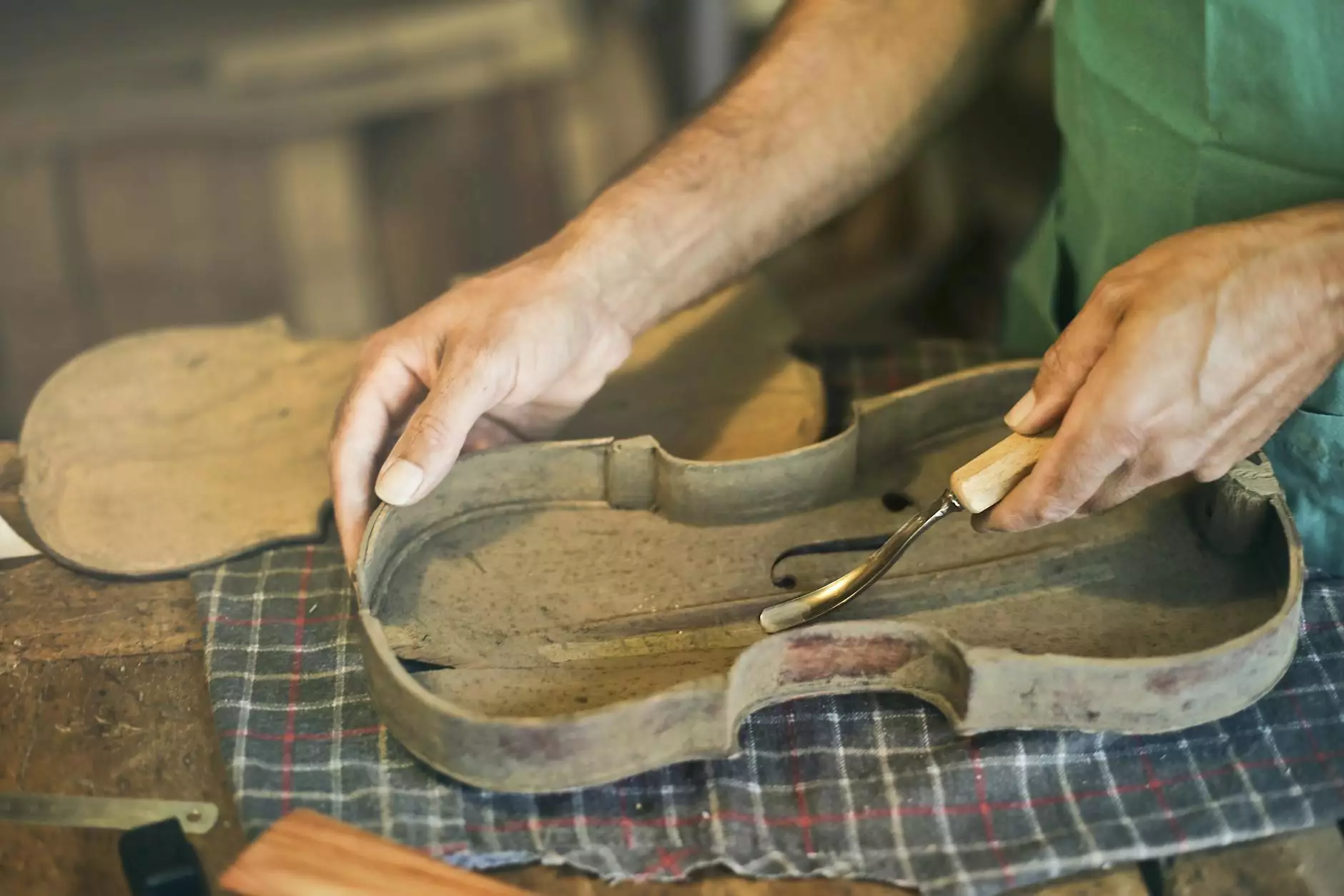A Comprehensive Guide to JEEP SUSPENSION: Enhance Your Off-Roading Experience

When it comes to JEEP SUSPENSION, enthusiasts often find themselves at a crossroads between comfort, performance, and adventure. Whether you’re a weekend warrior or a daily driver looking to tackle rugged terrains, understanding suspension systems is paramount to maximizing your Jeep's potential. This article covers everything you need to know about JEEP SUSPENSION, from the basics to advanced modifications, ensuring you can make an educated decision for your vehicle.
Understanding the Basics of JEEP SUSPENSION
The suspension system in your Jeep plays a crucial role in how it handles on various terrains. Simply put, it’s the backbone of your vehicle’s performance. Here’s what you should know:
- Purpose: The primary function of the suspension system is to absorb shocks from the road, maintain tire contact, and provide comfort to occupants.
- Components: Major components include springs, shock absorbers, control arms, and sway bars. Each part contributes to how your Jeep reacts to bumps and potholes.
- Types: There are two main types of suspension systems in Jeep models: conventional (coil spring) and leaf spring suspensions.
Why JEEP SUSPENSION Matters for Off-Roading
For off-road enthusiasts, the importance of a well-configured JEEP SUSPENSION cannot be overstated. Here’s why investing in a quality suspension system is vital:
- Improved Tread Contact: A robust suspension helps keep your tires in contact with the ground, enhancing traction on uneven surfaces.
- Enhanced Comfort: A good suspension system absorbs the shocks from bumpy roads, leading to a smoother ride.
- Increased Stability: With better weight distribution, your Jeep remains stable during sharp turns or sudden stops, reducing the risk of rollovers.
Types of JEEP SUSPENSION Systems
Understanding the different JEEP SUSPENSION setups is crucial in determining which is best suited for your needs:
1. Coil Spring Suspension
This type of suspension system is primarily found in newer Jeep models, such as the Jeep Wrangler. Coil springs deliver excellent ride quality and improved articulation, making them ideal for off-roading:
- Advantages:
- Better handling characteristics.
- Ability to adapt to various terrains.
- Lesser body roll during cornering.
2. Leaf Spring Suspension
Older Jeep models, such as the CJ series, typically use leaf spring suspensions. While they offer excellent load-carrying capacity, their performance on rough trails can be less forgiving:
- Advantages:
- Durability and strength, especially for heavy loads.
- Simple design that is easy to repair.
Choosing the Right JEEP SUSPENSION
Selecting the correct JEEP SUSPENSION involves evaluating various factors that align with your driving style and personal preferences:
1. Off-Road vs. On-Road
If you primarily drive off-road, consider investing in heavy-duty shock absorbers and additional lift kits that provide more ground clearance. For a mix of city and off-road driving, a moderate lift with quality dampers can offer the best of both worlds.
2. Budget Considerations
Quality suspension upgrades can significantly vary in price. Set a budget that not only accounts for parts but also installation costs if you're not a DIYer. Remember that investing in quality parts can save you money in the long run.
3. Brand Reputation
Research reputable brands that specialize in JEEP SUSPENSION. Brands like Mopar, Fox, and Bilstein boast high-performance parts and great customer reviews, ensuring reliability and performance.
Upgrading Your JEEP SUSPENSION
Once you understand the importance of the suspension system, you might consider upgrading it for better performance. Here are some options:
1. Lift Kits
Lifting your Jeep enhances ground clearance, enabling you to tackle rough terrains with ease. There are two types of lift kits to consider:
- Body Lift Kits: These raise the body of the vehicle from the frame, offering a modest increase in height.
- Suspension Lift Kits: These involve replacing the components of the suspension, providing a more significant height increase, which improves articulation and performance.
2. Shock Absorbers
Upgrading to higher quality shock absorbers can dramatically improve ride quality and stability. Consider options like gas shocks for superior performance over traditional oil-filled shocks.
3. Sway Bars
Adding aftermarket sway bars can reduce body roll during cornering and increase overall stability. This upgrade is particularly beneficial for Jeeps frequently driven on challenging trails.
Maintaining Your JEEP SUSPENSION
Maintenance is key to ensuring that your suspension system works efficiently. Here are some tips to keep your suspension in top shape:
- Routine Inspections: Regularly check all suspension components for signs of wear and damage, including shocks and linkages.
- Proper Alignment: Keep your wheel alignment in check, as misalignment can lead to uneven tire wear and poor handling.
- Cleaning: Regularly wash the undercarriage, especially after off-road adventures to remove dirt, grime, and corrosive materials.
Conclusion
In summary, JEEP SUSPENSION is a critical aspect of ensuring that your Jeep performs optimally, especially when venturing off-road. Understanding the various suspension types, upgrades, and maintenance requirements can significantly enhance your driving experience. By investing in the right suspension system tailored to your needs, you’ll not only elevate your Jeep’s performance but also ensure that every off-roading adventure is as enjoyable as possible. For high-quality parts and expert advice, visit Offroad-Zone.com, your trusted source in automotive parts and supplies.









